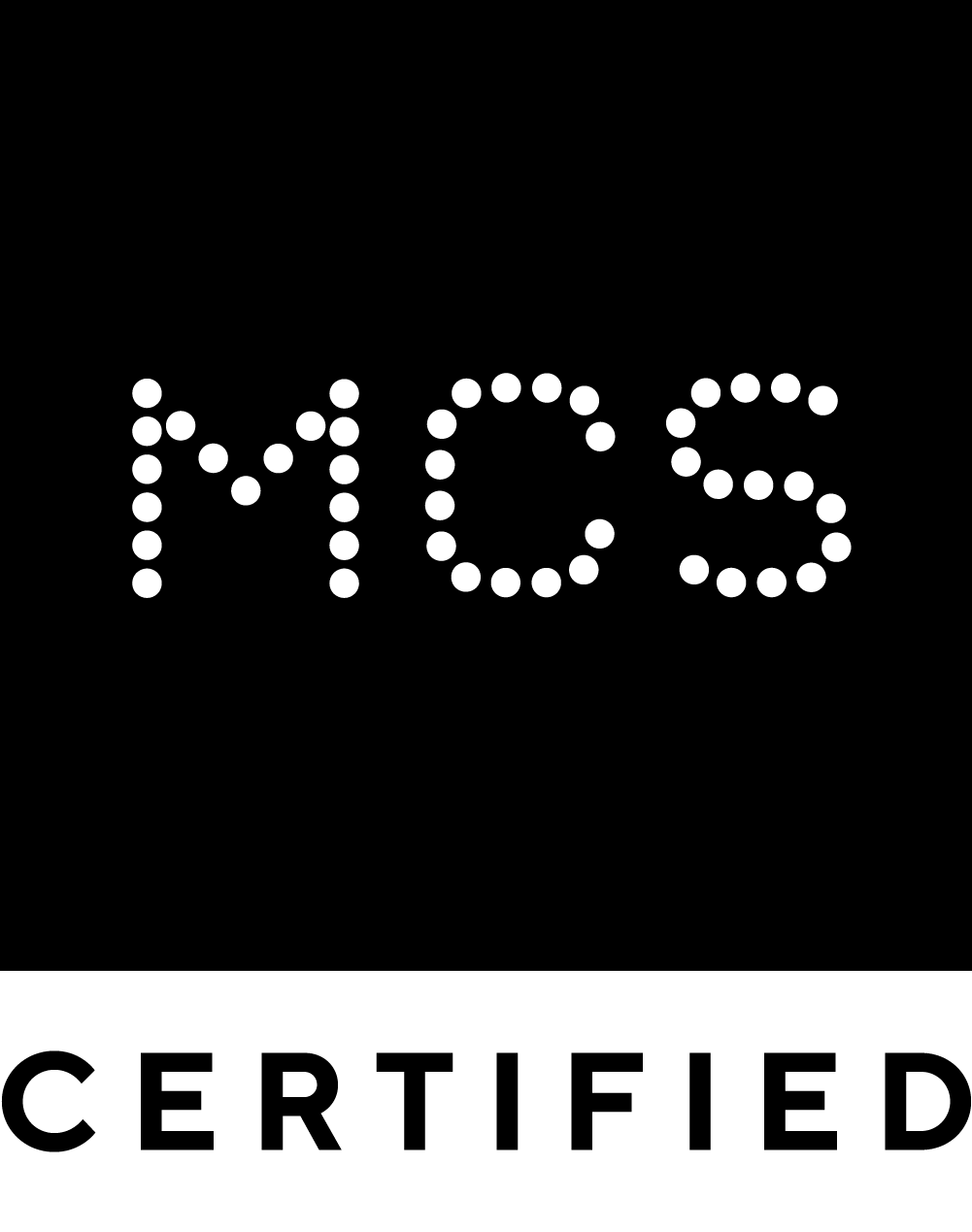Financial incentives to encourage homeowners to switch to renewables are going to be changing, and sadly not for the better. So it's decision time if you want to benefit from the generous financial support currently available.
More detail is emerging about the Clean Heat Grant – successor to the domestic Renewable Heat Incentive, which closes to new applicants in eighteen months' time.
The domestic Renewable Heat Incentive scheme (dRHI) launched back in April 2014. This groundbreaking government initiative offers generous financial support to homeowners switching to renewable energy heating systems by neutralising the cost of going green. It was due to close to new applicants at the end of March 2021, but shortly before lockdown, the Chancellor announced the scheme would be extended by a year while details of an alternative package of support are thrashed out.
We don’t yet have all the detail but here’s what we do know: The Clean Heat Grant (CHG) will cover air source and ground source heat pumps as well as biomass boilers, but only under certain circumstances - when it can be demonstrated installation of a heat pump is not a viable option. Solar thermal panels will no longer be eligible for support.

As with dRHI, the equipment installed will have to be accredited under the Microgeneration Certification Scheme, as will the company that installs it, which should reassure homeowners both of the quality of the heat pump or boiler and of the installation itself. It also provides the government with reassurance that the CHG budget is being spent responsibly.
However, unlike dRHI payments, the Clean Heat Grant cannot exactly be described as ‘generous’. The grant is for up to £4,000 per installation which, in the majority of cases, other than perhaps the tiniest air source heat pump, won’t go anywhere near covering the cost of installation. For many homeowners, green heating technologies will just not be affordable.
We therefore worry that while this grant will soften the financial blow of going green, will it really be sufficient to encourage uptake and help the UK hit its carbon reduction targets?
From an installer perspective, the new scheme looks likely to present some challenges. The Clean Heat Grant will be in the form of a one off payment towards the cost of installation, paid to the installer rather than the homeowner, once evidence of completion of the installation has been provided – probably in the form of the MCS certificate. For MCS registration, the property needs an up to date Energy Performance Certificate, and the EPC assessment can only be done when a property is completed. So where the installation is part of a self-build, conversion or major renovation, as it so often is, there can be a delay between installation of the heat pump or boiler and completion of wider works. This could leave the installer out of pocket for some time which isn’t good news for the cash flow of small businesses like Yorkshire Heat Pumps.
I'm a firm believer you should never look a gift horse in the mouth, so think homeowners and installers should all welcome the fact there will be some sort of financial help to bolster the renewables sector after the dRHI scheme closes, but do worry if it’ll be enough.
So our advice to anyone thinking of making the switch is to act fast and make the most of the government’s current generosity manifested in the Renewable Heat Incentive.
If you’d like to know more about the current scheme and what it would mean for you or to explore which renewable solution might be right for your home, give us a call on 01423 788699 or drop us an email to enquiries@yorkshireheatpumps.co.uk and we can talk you through your options or arrange an appropriately socially distanced site visit, as apprpopriate.






 Unit 3a & 3b | Follifoot Ridge Business Park | Pannal Road | Harrogate | N. Yorks | HG3 1DP
Unit 3a & 3b | Follifoot Ridge Business Park | Pannal Road | Harrogate | N. Yorks | HG3 1DP
Comments (0)
Add a Comment